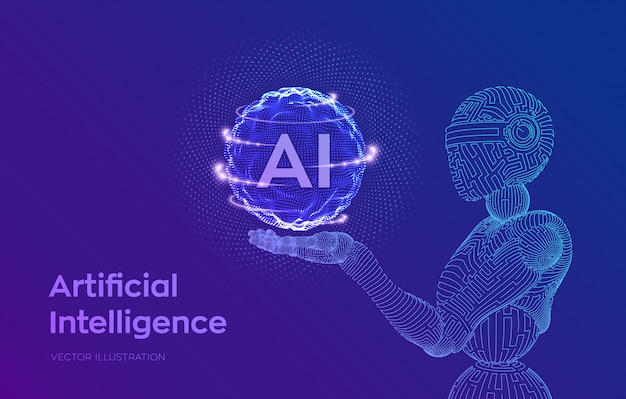共计 3382 个字符,预计需要花费 9 分钟才能阅读完成。
In the digital age, academic writing is undergoing a significant transformation, thanks to the rapid advancement of artificial intelligence (AI) tools. These innovative technologies are not just for tech enthusiasts; they are practical solutions for students, researchers, and professionals striving to improve their writing efficiency and quality. This article explores how AI tools can unlock new capabilities in academic writing and what you need to know to get started.
The Benefits of AI Tools in Academic Writing
Enhanced Efficiency
One of the most compelling advantages of using AI tools in academic writing is the significant boost in efficiency they offer. Tools like Grammarly and ProWritingAid help writers identify and correct grammar mistakes, awkward phrasing, and stylistic inconsistencies in real time. This means less time spent on revisions and more focus on crafting compelling arguments and insights.
Improved Research Capabilities
AI can help streamline the research process by quickly sifting through vast amounts of data to find relevant studies, articles, and statistics. Tools such as Zotero and Mendeley offer features to organize research materials effectively while automatically generating citations in various styles. This minimizes the manual effort required to track sources and ensures accuracy in citations.
Writing Assistance with AI Generators
Content Creation and Ideation

参考文章: 人工智能在医疗领域应用现状与前景展望,你准备好迎接技术变革了吗?
AI writing assistants like ChatGPT and Jasper can generate content ideas, outlines, and even entire paragraphs based on the prompts you provide. This feature is particularly beneficial during the brainstorming phase, where writers often struggle to articulate their thoughts clearly. By offering suggestions and different angles on a topic, AI serves as a creative partner in the writing process.
Plagiarism Checking
Ensuring original content is critical for academic integrity. Tools such as Turnitin and Plagscan utilize AI algorithms to detect plagiarism by scanning vast databases of academic works and online content. This gives writers the peace of mind that their work is genuinely original and compliant with ethical writing standards.
Learning and Adaptation
Writing Style Improvement
Using AI tools while writing can significantly enhance one’s writing style. For example, AI writing assistants provide real-time feedback on sentence structure, vocabulary usage, and clarity. By analyzing the suggestions and corrections made by these tools, writers can adapt and learn over time, improving their writing skills incrementally.
Personalized Learning Experience
AI tools often come with customizable settings that allow users to choose their preferred writing style or the type of feedback they want to receive. This personalization ensures that writers can focus on their unique needs and learning styles, creating a more effective learning experience.
Potential Limitations and Ethical Considerations
Over-Reliance on Technology
While AI tools can offer substantial support, there’s a risk of over-reliance on them, which can hamper a writer’s natural abilities and critical thinking skills. Writers should remain actively involved in the writing process, using AI tools as aids rather than crutches.
Ethical Concerns
The rise of AI in academic writing raises questions about authorship and the ethical use of generated content. Writers should be cautious and transparent about the extent of AI assistance they’ve employed. Understanding how to use AI ethically is essential to uphold academic integrity.
Conclusion
The advent of AI tools heralds a new era in academic writing, offering enhanced efficiency, improved research capabilities, and significant support during the drafting process. However, as we embrace these technologies, we must also remain vigilant about over-reliance and ethical considerations. By striking a balance, writers can unlock the full potential of AI tools and elevate their academic writing to new heights.







